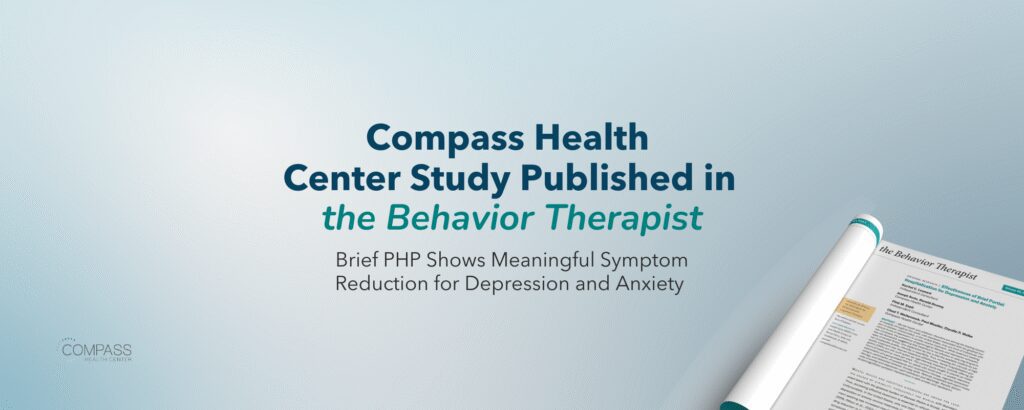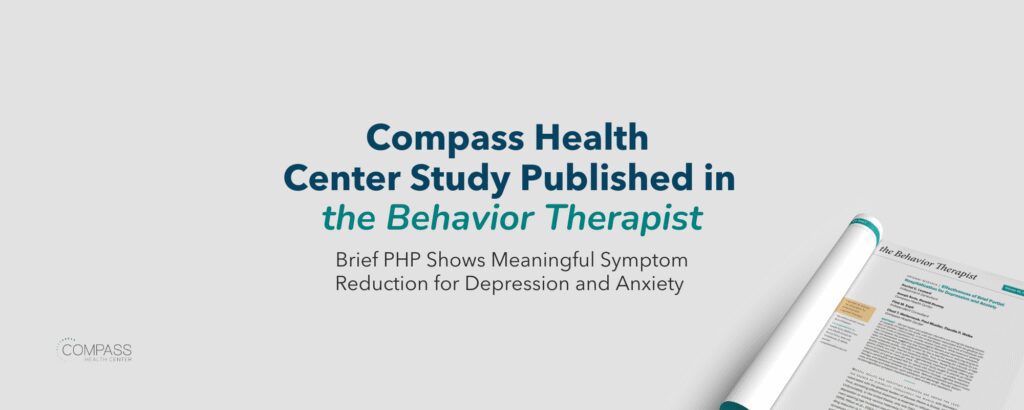
6 Ways to Improve Your Mental Health During COVID-19
It’s no surprise that living amid a global pandemic has brought an overwhelming rollercoaster of emotions along with a sense of uncertainty for the future. There’s the fear of getting sick or dying from the virus, worries about financial security due to the looming economic impact, and the sinking feeling of loneliness and sadness brought by stringent social distancing protocols or self-imposed isolation out of concern of compromising loved ones. All of which can raise stress and anxiety levels, inevitably taking a serious toll on our overall mental health during COVID-19.
The ongoing crisis can trigger intense emotional (ranging from lack of focus, helplessness, irritability, frustration, anger, or despair) and physical responses (sleep pattern changes: i.e., insomnia, difficulty sleeping, oversleeping, emotional binge eating/lack of appetite, fatigue, muscle tensions, or headaches) that can affect your quality of life.
In this blog, we delve deeper into the lasting effects of the coronavirus pandemic on our overall emotional well-being and share practical steps that you can take on how to improve your mental health during these unprecedented times.
Continue reading to learn more.
Mental Health Risks During COVID-19
Steven Taylor, the author of The Psychology of Pandemics and professor in psychiatry at the University of British Columbia, believes that life may never be the same, “…for an unfortunate minority of people, perhaps 10-15%,” due to the irreversible effects of the pandemic on overall mental well-being. “For people with a genetic predisposition toward some types of obsessive-compulsive disorder (i.e., contamination obsessions and cleaning compulsions), the stress of COVID-19 is likely to trigger or worsen OCD,” Taylor tells the BBC. “Some of these people will become chronic germaphobes unless they receive appropriate mental health treatment.”
The Centers for Disease Control and Prevention (CDC) says, “How you respond to stress during the COVID-19 pandemic can depend on your background, your social support from family or friends, your financial situation, your health and emotional background, the community you live in, and many other factors.” Individuals with preexisting mental health conditions such as anxiety may experience heightened symptoms to the point where it’s possible for these feelings of over-anxiousness to continue once the pandemic has ended.

How to Improve Mental Health During a Pandemic
If you feel yourself struggling with the state of your mental health during COVID-19, here are some mental wellness tips that can help you cope and overcome the daily emotional struggles of these uncertain times:
1. Meditate
Free your mind from negative thoughts by practicing meditative exercises for a few minutes each day. Experts suggest that meditation, especially mindfulness meditation, regulates blood pressure and cortisol levels, a hormone produced by the body when it’s stressed.
An article by Corporate Wellness Magazine states that “It’s largely accepted that chronic stress and its released cortisol are related to depression. Cortisol is produced in excess in depressed people and has a toxic effect on the hippocampus. Chrousos finds that people with depression can turn on the fight or flight response, but can’t turn it off again, producing constant anxiety and overreaction to stimulation.” Our mindfulness specialists at Compass can provide guidance on how to deal with stress through practices such as meditation in order to avoid these problems down the line.

2. Maintain a Virtual Support Group
Hearing a familiar voice and sharing your everyday experiences with people you genuinely care about, even conducted virtually, can make you feel more connected, less alone, and less isolated. Thanks to technology, it’s now possible to reach out to friends and family at any time, anywhere, even if you are continents away from each other or socially distancing from them.

3. Take a Break From the News
The constant barrage of everyday headlines can easily become a source of stress. Give yourself a breather once in a while by taking a break from watching, reading, or listening to the news. Stay informed by following only reputable sources. Steer clear of alarmist news outlets and publications that sensationalize everything and repetitively show upsetting images or videos without trigger warnings for the sake of clicks and views. Do not watch or check news updates multiple times a day, especially at night, which can lead to having trouble sleeping.
4. Follow a Regular Routine
Create an everyday routine adapted to your current reality. If you work from home, maintain a clear distinction between work and rest hours. Incorporate a designated time for exercise, meals, leisure activities, and bedtime. Keeping a daily routine will help give you a sense of normalcy and control amidst the chaos and uncertainty and keep your anxiety levels to a minimum.

5. Bring in a Bit of Nature Into Your Life
A study conducted in late November by Ecological Applications reveals that regular exposure to nature can help mitigate the potential negative implications on mental health during COVID-19. Frequent walks to nearby parks and gardens or the mere existence of greenery viewed from your home’s windows were associated with increased levels of self-esteem, life satisfaction, and subjective happiness, as well as decreased levels of depression and loneliness.

6. Continue Mental Health Treatment
Pandemics, in general, can be extremely stressful and triggering for anyone. However, people with pre-existing mental health conditions or substance use disorders can be immensely more vulnerable than others and may experience more frequent episodes or worsening symptoms. Stay on top of treating your mental health during COVID-19. Keep in touch with your healthcare provider and continue attending therapy sessions.
The CDC also recommends free and confidential resources to help you or a loved one connect with a skilled, trained counselor in your area. These include:
- Disaster Distress Helpline: CALL or TEXT 1-800-985-5990 (press 2 for Spanish)
- National Suicide Prevention Lifeline: 1-800-273-TALK (8255) for English, 1-888-628-9454 for Spanish, or Lifeline Crisis Chat
- National Domestic Violence Hotline: 1-800-799-7233 or text LOVEIS to 22522
- National Child Abuse Hotline: 1-800-4-AChild (1-800-422-4453) or text 1-800-422-4453
- National Sexual Assault Hotline: 1-800-656-HOPE (4673) or Online Chat

Finding Help in Illinois
Compass Health Center is a mental health care center with treatment facilities located in Chicago and Northbrook, Illinois, as well as online at our Virtual Health Center. We have specialized treatment programs for children, adolescents, young adults, and adults designed to address mood, anxiety, OCD, trauma, and other mental health concerns. Despite the physical restrictions due to COVID-19, we remain committed to providing you access to mental health care wherever you are. To learn more about our treatment programs that focus on how to improve mental health, give us a call today!


